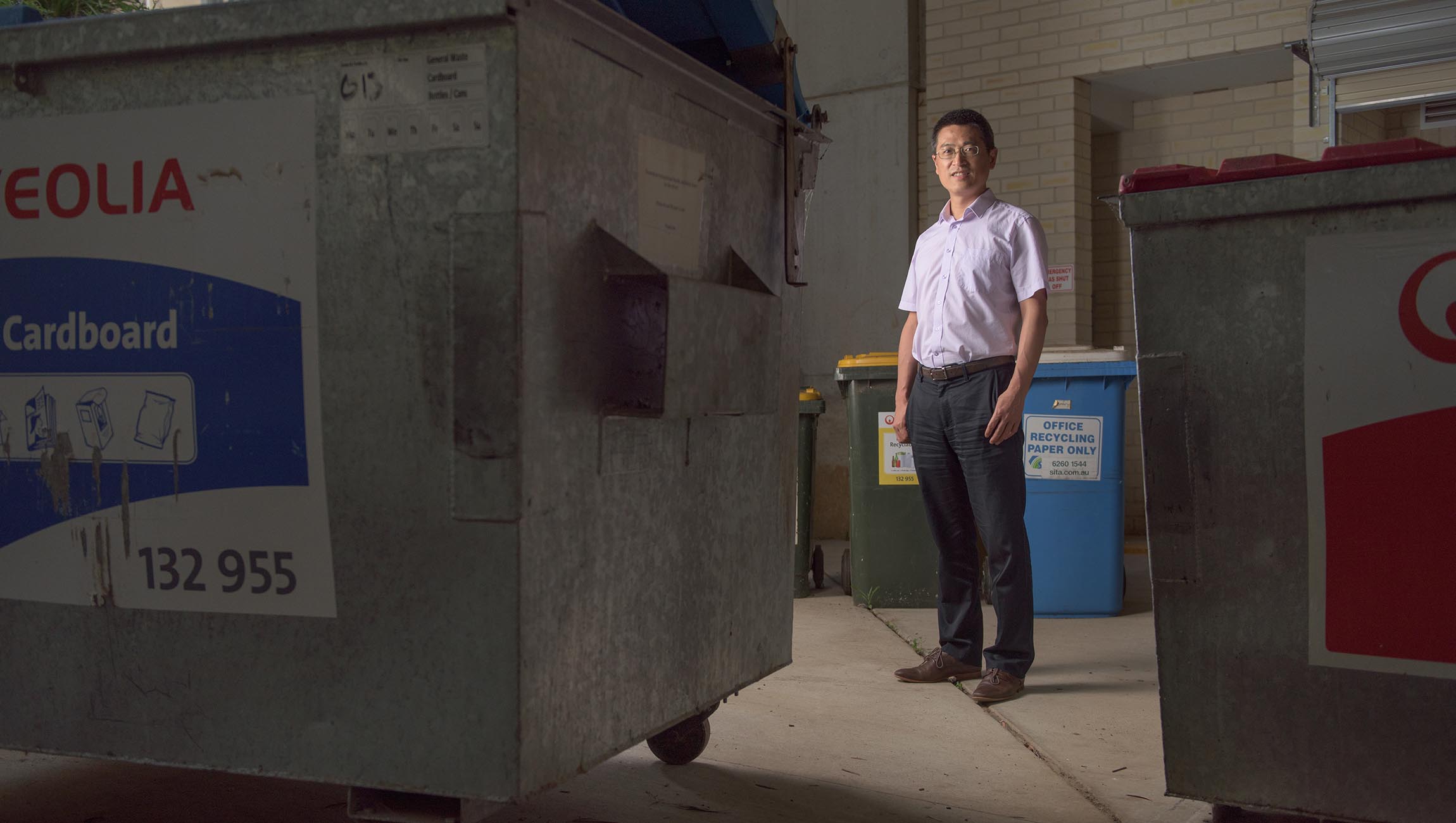Plastic Fantastic - How researchers are using plastic waste to build a better world
Plastic is an extraordinary product. Invented in the latter years of the 19th century, plastic, originally made from a combination of natural polymers, was designed to replace the ivory in billiard balls.

